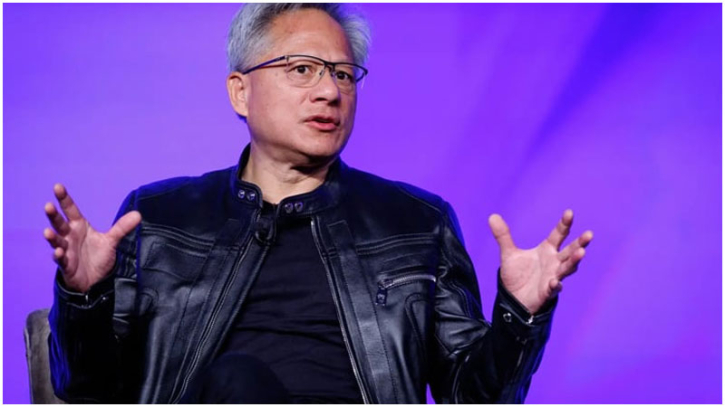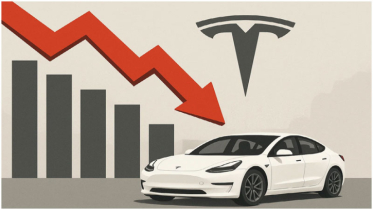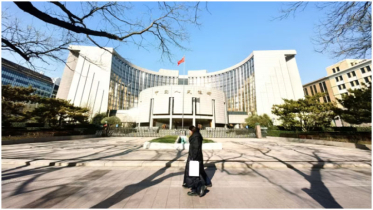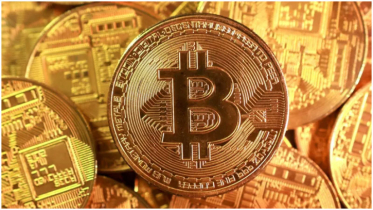Nvidia CEO says US AI chip ban on China ‘hurts America more'

Nvidia CEO Jensen Huang has warned that restricting the sale of US-made AI chips to China could backfire on American technology companies, undermining their global competitiveness.
Speaking at a company event in Washington on Tuesday, Huang said the United States should allow AI chip sales to China if it wants to maintain its dominance in the global artificial intelligence industry.
"We want the world to be built on the American tech stack," Huang told reporters. "But we also need to be in China to win their developers. A policy that causes America to lose half of the world’s AI developers is not beneficial long term. It hurts us more."
Huang’s comments come ahead of an expected meeting on Thursday between US President Donald Trump and Chinese President Xi Jinping, where AI technology and trade issues are expected to be key topics.
Currently, Nvidia chips cannot be sold in China due to trade restrictions, national security concerns, and Chinese government countermeasures. In response, China has accelerated efforts to build its own chip industry, seeking to reduce dependence on US technology and overcome export bans on advanced AI chips.
Washington has justified these export controls by citing national security risks, including fears that advanced AI chips could give China a military edge. Despite this, tensions between the two countries continue to escalate, and there has been little progress toward easing the restrictions.
The Trump administration is reportedly considering a more flexible approach to AI chip exports but faces strong opposition from both parties in Congress, where many lawmakers favor tougher limits on technology sharing with China.
Huang said he had raised similar concerns during the Biden administration, arguing that isolating China in AI development would ultimately weaken US influence in global technology.
"I hope President Trump can help shape a smarter policy," Huang added, warning that without change, America’s leadership in AI could erode as other nations move to fill the gap.
.png)




